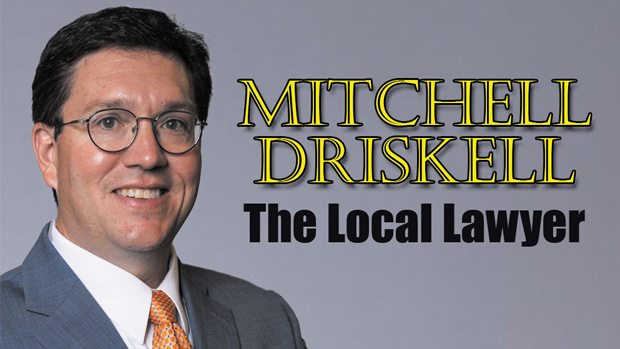
Red Tape Removed for Opioid Addiction Treatment
I admit, this blurb is not the funny, entertaining legal news and commentary that you have come to expect in The Local LawyerTM, but I think it is important news and it beats the heck out of analyzing classified document regulations to see if Trump or Biden is the bigger butthole of the two or wondering why Supreme Court Justices were not required to swear under penalty of perjury that they did not know who leaked the Dobbs decision. So, let’s use this ink to help fight opioid addiction. Until this month, it was hard for doctors to treat Opioid Use Disorder with medication-assisted treatment (MAD), primarily with buprenorphine (Suboxone), a medication that curbs opioid cravings. The recent Federal Appropriations Bill, the four thousand one hundred fifty five (4,155) page spending bill that sets how the Federal Government can spend our tax money, contained a four-line provision on page 3,100 that changed Opioid Use Disorder treatment rules. Prior law required medical professionals to obtain a special Drug Enforcement Administration (DEA) certification that allowed clinicians to prescribe buprenorphine (Suboxone). That certification is eliminated, and, now, if you can prescribe pain pills, you can prescribe Suboxone, making addiction treatment just as accessible as the pills that caused this whole opioid addiction mess in the first place. If you deal with opioid addiction in your professional or personal life, please be aware that medication-assisted treatment is now, or at least soon will be, widely available.
If Alec Baldwin Shot Movies, and People, in Mississippi
Alec Baldwin has been charged with involuntary manslaughter for the accidental shooting of a person on the set of a movie he was shooting. The facts are widely known by now—he thought the gun was loaded with a blank and did not know he was aiming a loaded gun at the lady. Involuntary manslaughter means that you did not intend to kill, even hurt, the victim, but you did something so dangerous and reckless that you should be punished regardless of intent to harm. Manslaughter can be described as extremely dangerous conduct for which there is no justification.
In Mississippi, pointing a gun at someone when you know that it is loaded is a set of facts that can result, and has resulted, in involuntary manslaughter convictions. The Mississippi Supreme Court has said, “Under almost all circumstances, the gratuitous pointing of a deadly weapon at one civilian by another civilian would almost certainly be negligence per se, if not gross negligence per se.” “Gratuitous” means “uncalled for, lacking good reason, unwarranted. If you knowingly point a loaded gun at someone in Mississippi, then your case can be presented for a jury to decide if you are guilty of involuntary manslaughter. If convicted in Mississippi, the minimum punishment is two years in prison and the maximum is twenty years in prison.
On the other hand, the Mississippi Supreme Court has thrown out convictions where a people have unknowingly pointed loaded guns at others. Generally speaking, Mississippi law seems to recognize that accidental shootings can happen without the need for criminal punishment but will not excuse the act of knowingly pointing a loaded weapon at others. But be warned, these defendant-favorable cases are older, a long time before gun safety was taken seriously, and I am not sure if these old cases will hold up. Back to Baldwin, as the actor, he is handed a gun that is supposed to be handled only by experts and loaded by an expert with a blank. He had very good reason to believe that the gun was, in fact, loaded with a blank. I do not think he could be rightfully charged with involuntary manslaughter under Mississippi law, meaning, I think a Judge would throw out the charges before a jury trial. If the case went to trial and the jury found him guilty of involuntary manslaughter, I think the Mississippi Supreme Court would reverse the conviction finding that Baldwin’s reliance on experts to load to gun excuses him from criminal liability.
Articles I have read about New Mexico law say that Baldwin will win the case and should not have even been charged with a crime at all. New Mexico involuntary manslaughter law requires “subjective knowledge” of the danger of the act. Baldwin himself had to actually appreciate the danger of the act and intentionally disregard it. Baldwin had to think “this gun might be loaded with a live round, but, whatever, let’s shoot this sucker off anyway and let the chips fall where they may.” Seems impossible to prove beyond a reasonable doubt and raises questions about the motives of the prosecutors who decided to bring the charges. Tragic accident, but not criminal.
Mitchell Driskell practices law with the Tannehill Carmean firm and has been an Oxford lawyer for twenty two years. You can call him at 662.236.9996 and email him at mitchell@tannehillcarmean.com. He practices criminal law, civil law and family law.


